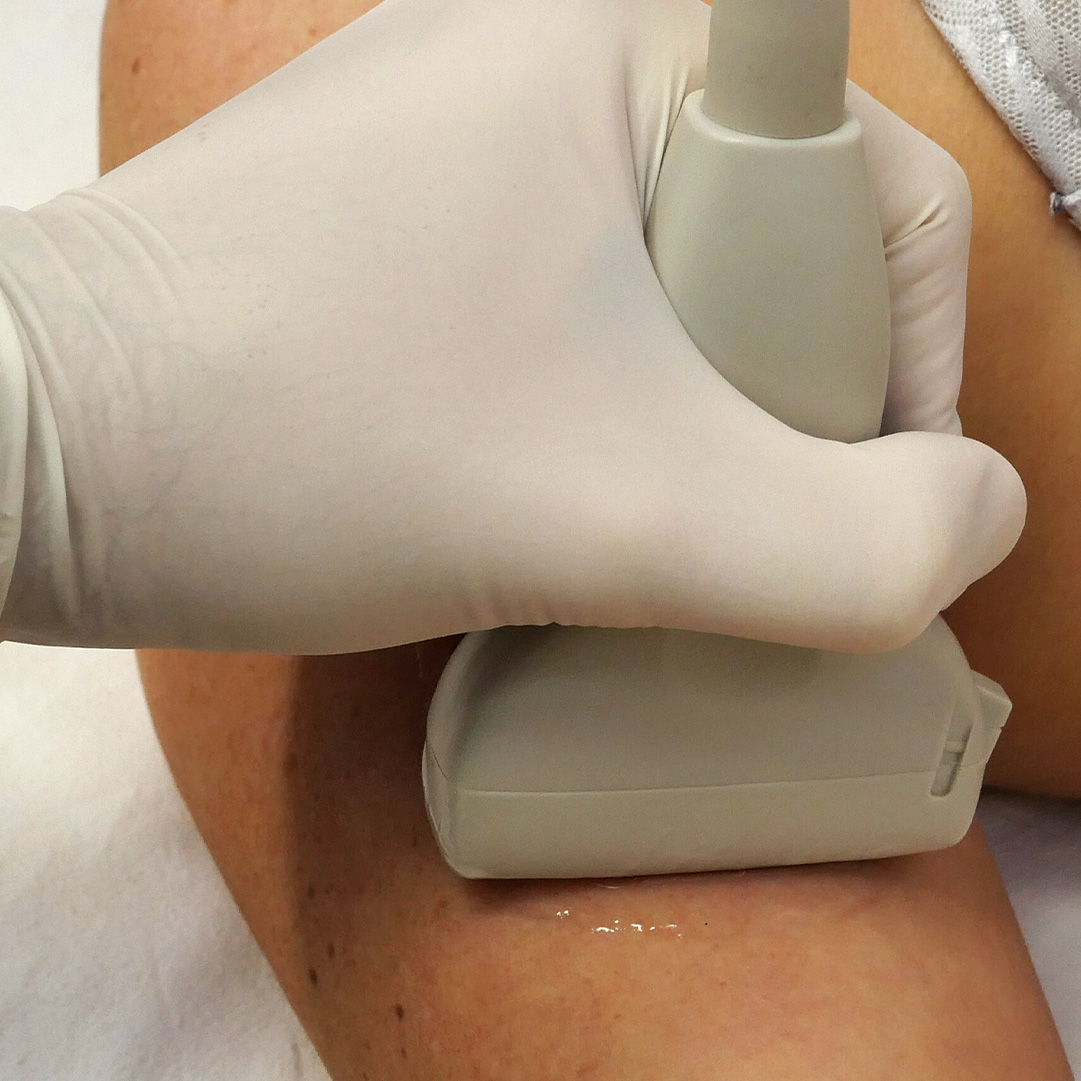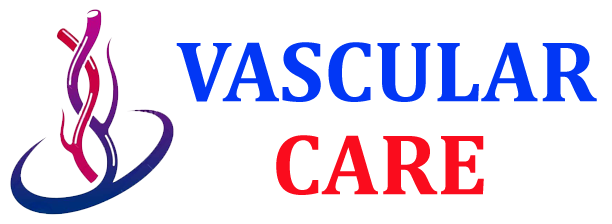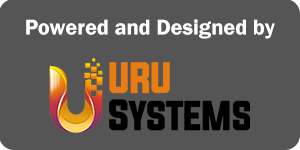Screenings
Visit A Vascular Specialist
Screenings from a vascular specialist are designed to identify issues with the blood vessels and circulatory system; these tests can help detect conditions such as peripheral artery disease, carotid artery disease, and aneurysms. Early detection of these conditions is what Vascular & Interventional Specialists is all about, as it can lead to prompt treatment and can decrease a patient’s risk of serious complications. These tests are non-invasive, quick, and painless, and can provide valuable information about your overall cardiovascular health. By undergoing a vascular disease screening, you can take a proactive step towards maintaining your health and reducing the risk of developing serious problems in the future.
Learn more about these critical tests and schedule yours with one of our vascular specialists now!
Vascular & Vein Screening Saves Lives
Vascular diseases affect many aspects of your overall health. But with advanced screening technology at Vascular & Interventional Specialists, our varicose vein doctors and other experts can help you stay a few steps ahead. Vascular and vein screening is just one of the many ways we can help you live better and age smarter.
Vascular disease is often described by many names, including:
- Peripheral Vascular Disease (PVD)
- Peripheral Arterial Disease (PAD)
- Atherosclerosis
- Claudication
- Hardening of the arteries
- Poor circulation
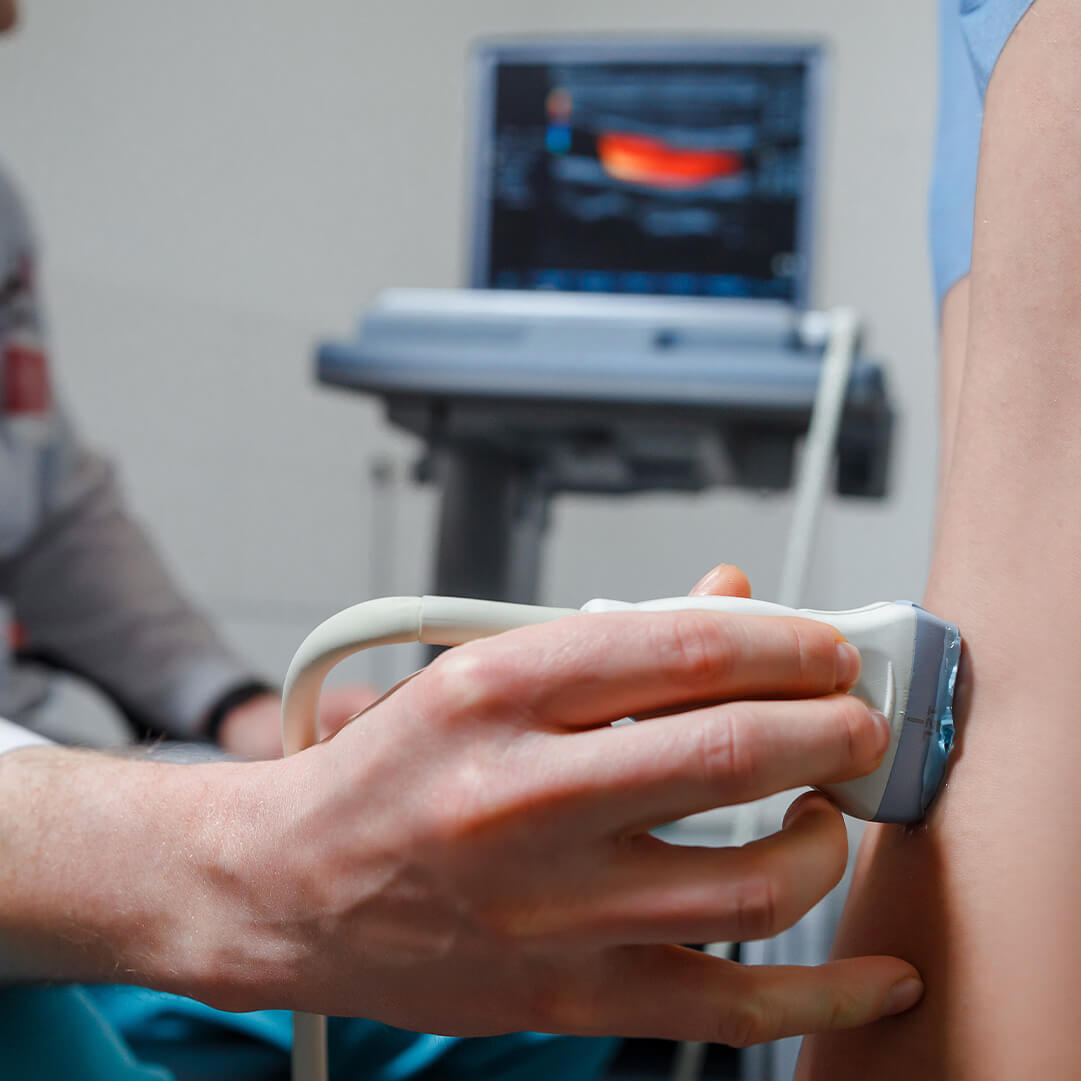
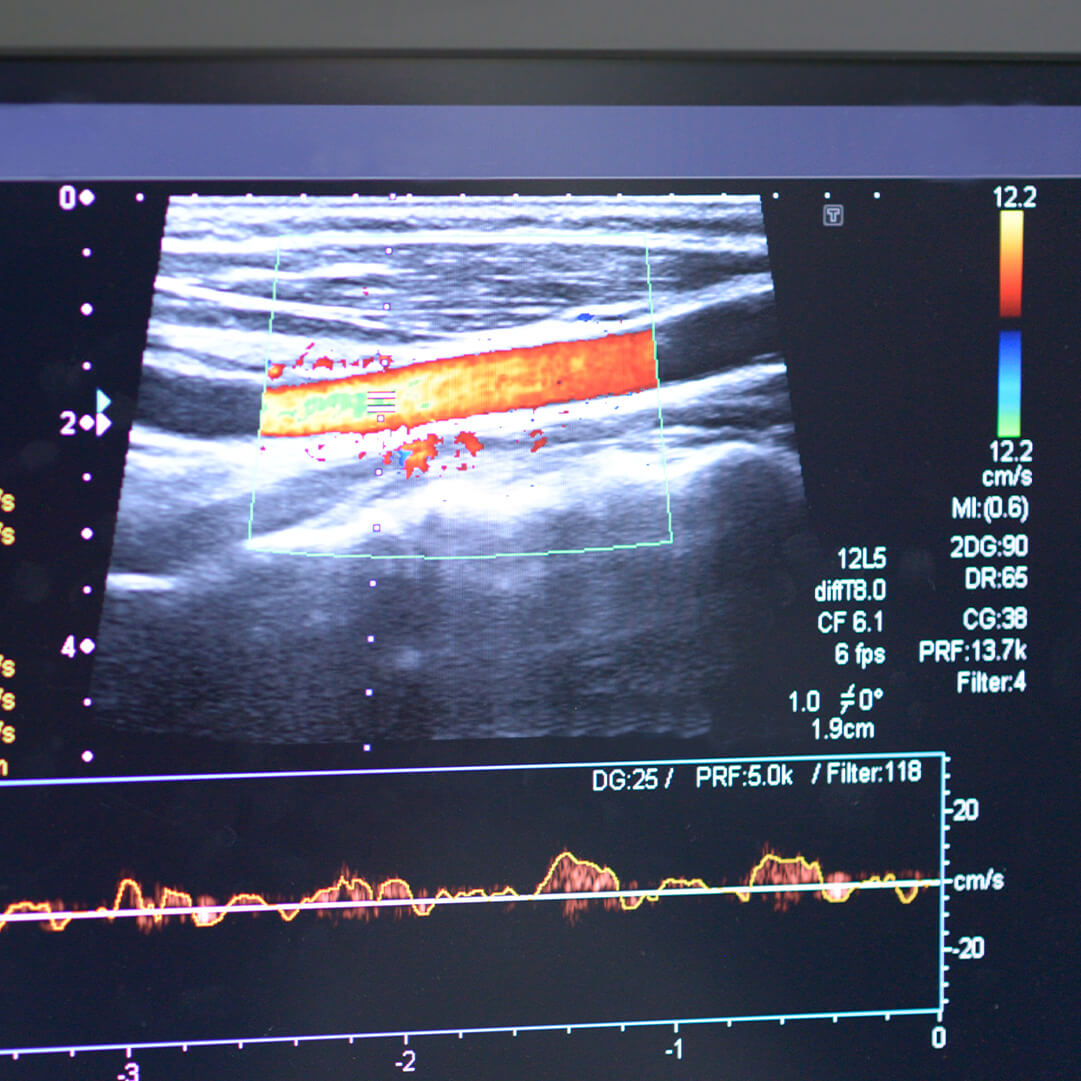
Adverse Health Effects of Vascular Disease
Vascular disease can be debilitating and sometimes deadly. In fact, it can lead to high blood pressure, crippling leg pain, limb loss, heart attack, stroke, and kidney failure. Vascular disease can lead to other serious health complications as well if it is not diagnosed and treated, including amputation and death. This disease can also cause discomfort and pain in the legs and feet, as well as sexual dysfunction in men. In addition, it can lead to complications such as aneurysms, which are weak spots in the blood vessels that can rupture and cause internal bleeding. By identifying and treating these illnesses early with a vascular specialist, you can reduce your risk of these serious health issues and maintain a higher quality of life.
The Vascular & Interventional Specialists’ vascular screenings help identify vascular disease using a painless test that does not require you to be undressed, exercise, or to draw blood.
Who Should Have A Vascular & Vein Screening?
Screenings from our in-house vascular specialists and varicose vein doctor are designed for patients who are 35 or older and have a personal or family history of cardiac disease, heart attack, or stroke. Type 1 diabetics should get screened at age 30 or older.
This is because patients with a personal history, or family history, of cardiac disease are at higher risk for developing vascular disease. Both conditions involve the circulatory system and share similar risk factors such as high blood pressure, high cholesterol, and smoking. Screening for vascular disease in these patients can help identify and address any potential issues early on, reducing the risk of serious health complications and improving overall cardiovascular health. Early detection and treatment of vascular disease can also help prevent the progression of cardiac disease and improve a patient’s quality of life.

Major risk factors for vascular disease include:
Diabetes
Obesity
Aching, cramping, or pain in your arms, legs, thighs, buttocks while walking
Smokers or those who have smoked
Coronary Artery Disease
Age 50 or older
High Cholesterol
Sores on your feet or legs that are slow to heal
Family history of Abdominal Aortic Aneurysm (AAA)
It is suggested that patients receive a vascular and vein screening once every three to five years.
About Our Vascular & Interventional Specialists Scans & Tests
Carotid Artery Ultrasound
To check patients for risk of a stroke or problems with the carotid artery, our team will perform an ultrasound to check for narrowing or blockage in the main arteries of your neck that are known to lead to stroke.
Abdominal Aortic Aneurysm Ultrasound
This ultrasound is performed to check for enlargement or a bulge within the artery called an aneurysm, which is often hereditary and potentially fatal.
Ankle/Brachial Index
This procedure checks the blood flow in the legs, which could indicate a higher risk for heart disease.
Vein Reflux
This procedure checks your legs to determine if you have an underlying problem that may cause varicose veins, leg pain, or heaviness
Your results will be reviewed with you at the time of your appointment.
- Normal: Normal appearing vessel walls, essentially no plaque or cholesterol buildup, less than or equal to 19% stenosis. No follow-up is recommended at this time.
- Mild Disease: Some plaque is apparent but is within the normal range — 20% to 49% stenosis or narrowing. A follow-up vascular screen is recommended in 1 to 2 years.
- Moderate Disease: Moderate amound of plaque is seen — 50% to 69% stenosis or narrowing. An appointment with Vascular & Interventional Specialists is recommended within two weeks to review your test results and make recommendations for your treatment.
- Severe Disease: Large amount of plaque with significant effect on blood flow greater than 70%. Vascular & Interventional Specialists physicians recommend an immediate appointment with them, as your risk for stroke is increased.
- Aorta less than 3 cm: Normal appearing vessel walls. There is no follow-up recommended at this time.
- Aorta 3 cm: An appointment with Vascular & Interventional Specialists is recommended within two weeks to review your test results and make recommendations for your treatment.
- Aorta greater than 5 cm: Vascular & Interventional Specialists physicians recommend an immediate appointment with them, as your risk for an aneurysm is very high.
- Normal: There are no follow-up recommendations at this time.
- Mild Disease: Within 0.80-0.89. An appointment at Vascular & Interventional Specialists is recommended electively to review your test results with our recommendations.
- Moderate Disease: Within 0.50-0.79. An appointment at Vascular & Interventional Specialists is recommended within two weeks to review your test results and make recommendations for your treatment.
- Severe Disease: An index less than 0.49 suggests severe disease. Vascular & Interventional Specialists physicians recommend an immediate appointment with them, as your risk for limb loss is increased.
Vein Reflux is a simple ultrasound to scan and measure vein function and identify any vein problems. Any positive reflux is considered a positive screen for varicose veins. If the vein is greater than 5 mm size at any location it is considered to be a positive screen.
